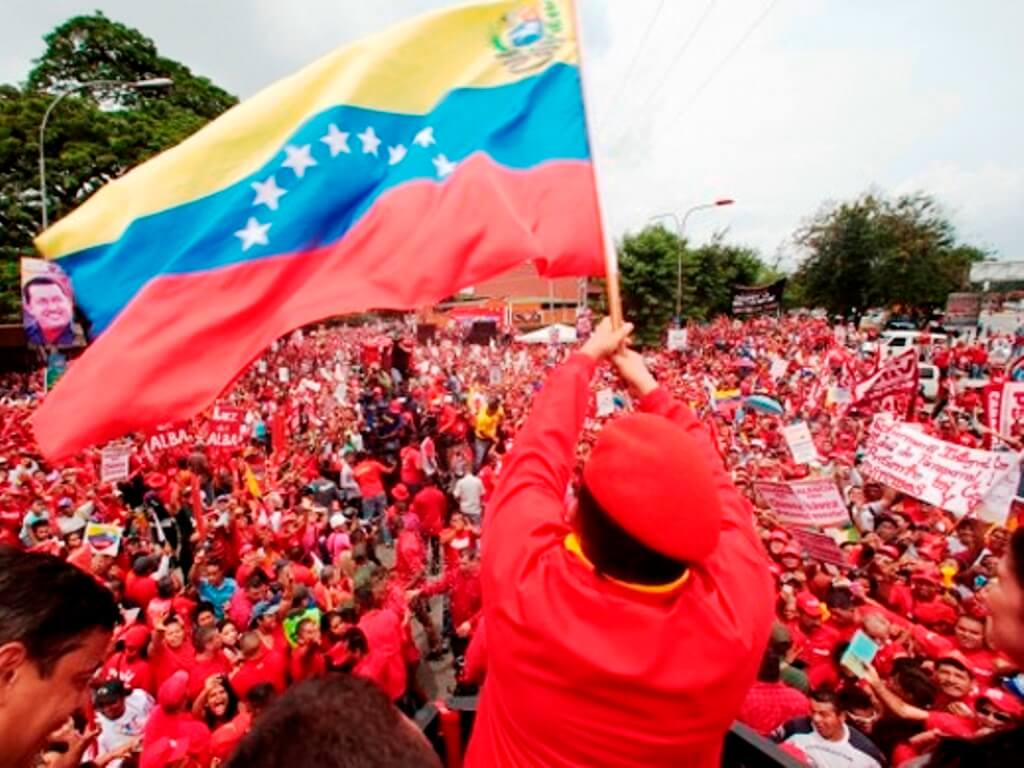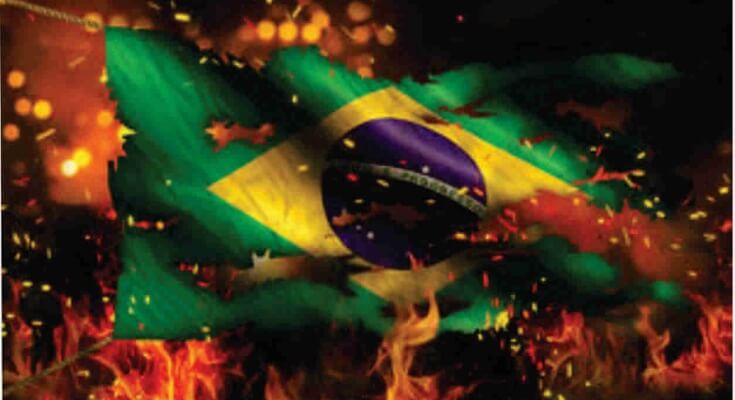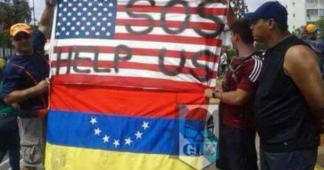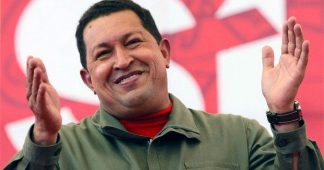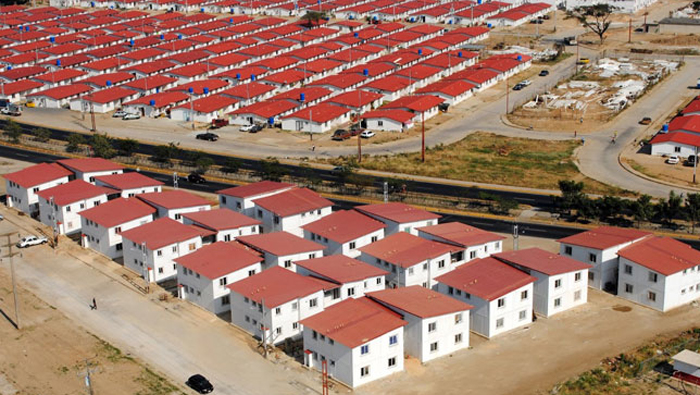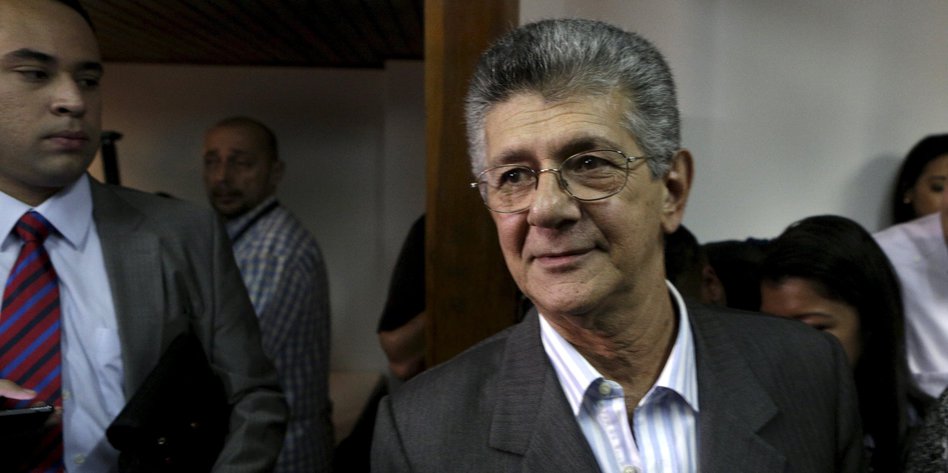Published in www.chavezcode.com
December 16, 2010
State Department documents published by Wikileaks evidence Washington’s plans to “contain” Venezuela’s influence in the region and increase efforts to provoke regime change
By Eva Golinger
A substantial portion of the more than 1600 State Department documents Wikileaks has published during the past two weeks refer to the ongoing efforts of US diplomacy to isolate and counter the Venezuelan government.
Since Hugo Chavez won the presidency for the first time in 1998, Washington has engaged in numerous efforts to overthrow him, including a failed coup d’etat in April 2002, an oil industry strike that same year, worldwide media campaigns and varios electoral interventions. The State Department has also used its funding agencies, USAID and the National Endowment for Democracy (NED), to channel millions of dollars annually to anti-Chavez NGOs, political parties, journalists and media organizations in Venezuela, who have been working to undermine the Chavez administration and force him from power.
When these interventionist policies have been denounced by the Chavez government and others, Washington has repeatedly denied any efforts to isolate or act against the Venezuelan head of state.
Nonetheless, the State Department cables published by Wikileaks clearly evidence that not only has Washington been actively funding anti-Chavez groups in Venezuela, but it also has engaged in serious efforts during the past few years to convince governments worldwide to assume an adversarial position against President Hugo Chavez.
“CONTENTION” PLAN AGAINST A “FORMIDABLE FOE”
In a secret document authored by current Deputy Assistant Secretary of State for Western Hemisphere Affairs, Craig Kelly, and sent by the US Embassy in Santiago in June 2007 to the Secretary of State, CIA and Southern Command of the Pentagon, along with a series of other US embassies in the region, Kelly proposed “six main areas of action for the US government (USG) to limit Chavez’s influence” and “reassert US leadership in the region”.
Kelly, who played a primary role as “mediator” during last year’s coup d’etat in Honduras against President Manuel Zelaya, classifies President Hugo Chavez as an “enemy” in his report. “Know the enemy: We have to better understand how Chavez thinks and what he intends…To effectively counter the threat he represents, we need to know better his objectives and how he intends to pursue them. This requires better intelligence in all of our countries”. Further on in the memo, Kelly confesses that President Chavez is a “formidable foe”, but, he adds, “he certainly can be taken”.
In 2006, Washington activated a Director of National Intelligence (DNI) Mission Manager for Venezuela and Cuba. The mission, headed by clandestine CIA veteran Timothy Langford, is one of only four such intelligence entities of its type. The others were created to handle intelligence matters relating to Iran, North Korea and Afghanistan/Pakistan, evidencing the clear priority that Washington has placed on Venezuela as a target of increased espionage and covert operations.
Another suggestion made by Kelly in the secret cable, is a recommendation to increase US presence in the region and improve relations with Latin American military forces. “We should continue to strengthen ties to those military leaders in the region who share our concern over Chavez”.
Kelly also proposed a “psychological operations” program against the Venezuelan government to exploit its vulnerabilities. “We also need to make sure that the truth about Chavez – his hollow vision, his empty promises, his dangerous international relationships, starting with Iran – gets out, always exercising careful judgment about where and how we take on Chavez directly/publicly”.
Kelly recommended US officials make more visits to the region to “show the flag and explain directly to populations our view of democracy and progress”. Kelly also offered details on how Washington could better exploit the differences amongst South American governments to isolate Venezuela:
“Brazil…can be a powerful counterpoint to Chavez’s project…Chile offers another excellent alternative to Chavez…We should look to find other ways to give Chile the lead on important initiatives, but without making them look like they are our puppets or surrogates. Argentina is more complex, but still presents distinct characteristics that should inform our approach to countering Chavez’s influence there”.
PRESSURING MERCOSUR
Kelly also revealed the pressure Washington has been applying to Mercosur (Market of the South) to not accept Venezuela as a full member in the regional trade bloc. “With regard to Mercosur, we should not be timid in stating that Venezuela’s membership will torpedo US interest in even considering direct negotiations with the trading bloc”.
MEXICO, BOGOTA & OTHERS ASK TO “FIGHT” CHAVEZ
The cables published by Wikileaks not only reveal US hostility towards Venezuela, but also the requests made by regional leaders and politicians to work against President Chavez.
One secret document from October 2009 referring to a meeting between Mexican President Felipe Calderon and US Director of National Intelligence Dennis Blair tells of how Calderon confessed he was “trying to isolate Venezuela through the Rio Group”. The Mexican head of state also appealed to the US intelligence chief, “The region needs a visible US presence…the United States must be ready to engage the next Brazilian president. Brazil, he said, is key to restraining Chavez…The US needs to engage Brazil more and influence its outlook”.
URIBE REQUESTS “MILITARY ACTION” AGAINST CHAVEZ
In several secret documents authored by the US Embassy in Colombia, efforts by ex President of Colombia, Alvaro Uribe, to convince Washington to take action against Venezuela are evidenced.
In one cable from December 2007, the US Ambassador in Colombia recounts a meeting between Uribe and a delegation of US congress members, including Senate Majority Leader, Harry Reid. According to the text, Uribe “likened the threat Chavez poses to Latin America to that posed by Hitler in Europe”.
And in yet another report summarizing a January 2008 meeting between Uribe and the Head of the Joint Chiefs of Staff, Admiral Michael Mullen, Uribe is quoted as recommending military action against Venezuela.
“The best counter to Chavez, in Uribe’s view, remains action – including use of the military”.
Later in that same secret cable, Uribe urged Washington to “lead a public campaign against Venezuela…to counter Chavez…”
OPPOSITION BISHOP REQUESTS US ACTION
In addition to regional politicians and US diplomats urging plans against President Chavez, one cable reveals how during a meeting between a Venezuelan Archbishop and the US Ambassador, the religious leader asked for Washington to act against his own government. At the meeting, which took place in January 2005 according to the document, Archbishop Baltazar Porras told Ambassador William Brownfield that the “US government should be more clear and public in its criticism of the Chavez administration” and that the “international community also needs to work and speak out more to contain Chavez…”
The plans and strategies revealed through these official documents confirm what other evidence has already corroborated regarding Washington’s increase in aggression towards Venezuela. The US continues to fund opposition groups that act to undermine Venezuelan democracy while escalating its hostile discourse and policies against the Chavez government.
This week’s Senate affirmation of Larry Palmer as Ambassador to Venezuela will only make matters worse. Palmer was rejected by the Venezuelan government after he made negative statements about the Chavez administration in August. Washington’s insistence of sending Palmer appears to be an effort to provoke a rupture in diplomatic relations.
